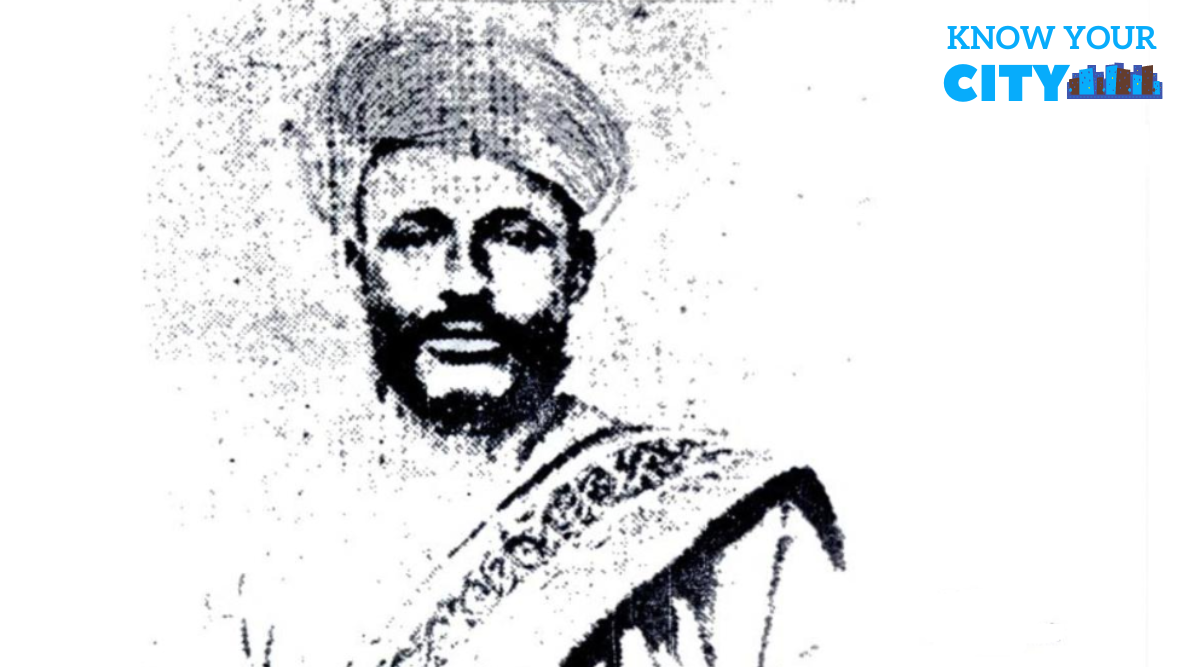 Phule's defeat came despite his name as a leading reformer and his experience of serving in the municipality as a nominated member following his appointment in 1876.
Phule's defeat came despite his name as a leading reformer and his experience of serving in the municipality as a nominated member following his appointment in 1876. Poona City Municipality – the precursor of the Pune Municipal Corporation – was founded in 1858 after the British government adopted a policy to push local self-government for Indian cities and towns. However, for 25 years, it comprised only ex-officio and nominated members (called ‘commissioners’) instead of elected representatives.
Several changes in government policy in the 1870s led to increased autonomy for the local bodies, including the power to choose 12 out of 24 members by election from among the locals.
The first-ever election of the Pune municipal body was held in March 1883 amid great enthusiasm. Among 36 contestants who vied for a seat in the municipality chamber was Jyotirao Phule (55), who was well known in Pune and elsewhere as a leading social reformer, rationalist, and pioneer of female education.
Phule contested from two different seats – Vetal Peth and Bhavani Peth – and suffered crushing defeats in both. In Vetal, he secured zero votes and lost to Mahadeo Ballal who pocketed 119 votes. In Bhavani Peth, a constituency where Phule was a voter, he got only two votes while his opponent Balmukund Hindumal secured a comfortable win.
Best of Express Premium
Phule, however, wasn’t alone in meeting this fate in the polls. Gopal Hari Deshmukh, the renowned social reformer known by his pen name ‘Lokhitwadi’ who served as a judge at the sessions court and held several important posts in the British administration, also met with a rout. Contesting from Shukrawar Peth, Deshmukh could not secure a single vote and lost to Baba Gokhale who got 115 votes, according to ‘Badalte Pune’ written by M P Mangdukar.
Phule’s defeat came despite his name as a leading reformer and his experience of serving in the municipality as a nominated member following his appointment in 1876.
Why Phule lost
An important factor that led to Phule’s electoral defeat was the way the voting franchise was determined for the election. Voting rights were granted only to individuals who met the qualifications of education, property holding, and tax payment. Thus, although Pune had a population of 99,622, only 3876 persons (3.8 per cent of the population) met the eligibility criteria and gained voting rights.
“These were mostly big traders, savkars, landlords and members of the city’s elite who held the titles of Rao Saheb, Rao Bahadur and Khan Saheb. A majority of them were conservative Brahmins against whose hegemony Phule had fought for over three decades of his career till then,” Prof Ravindra Thakur, who has authored Mahatma Phule’s biography, told The Indian Express. “Although Phule had friends and supporters among upper castes, most voting members from the upper castes, understandably, did not vote for him or for other social reformers who contested the poll,” he said.
According to Prof Thakur, while he served as a nominated member of the municipality between 1876 and 1882, Phule took up the issues of clean drinking water for the residents and a strong stance against liberalisation of liquor sale policy.
Local opposition to formation of municipal body
In 1850, the British government formulated an Act that provided for the establishment of a municipal body in any town or city on written demand from the residents. Collectors were encouraged by the government to persuade the residents to seek the setting up of municipalities, as this meant additional tax collection for the government.
‘Pune: The Queen Of Deccan’ by Jayamala Diddee and Samita Gupta says that in 1854, the then Pune collector had held a meeting of 1,191 ‘eminent’ and ‘respectable’ residents to impress upon the need to set up a municipality in Pune and to make an appeal to the Bombay government in that regard.
“After the initial enthusiasm, the reaction came swiftly. Once property owners realised that the whole affair was nothing but a ploy to get them to agree to tax themselves, they sent a counter-petition opposing the move. This lack of unanimity forced the Bombay government to defer the whole issue,” write Diddee and Gupta.
The citizens required three more years of persuading to finally agree to the formation of the civic body. However, the revolt of 1857 delayed it by a year. The municipal body finally came into existence in May 1858, consisting of the collector and a committee comprising ex-officio members, thus sans any public participation. In 1873, the municipality became a corporate body, and the reforms brought in by Viceroy George Robinson (Lord Ripon), promoted the election of the members.
Sirdar Dorabji Pudumjee became the first native president of the municipalities from among the nominated members. In 1918, N C Kelkar became the first president from amongst the local elected members.
The civic body became Pune Municipal Corporation in 1950 after the city municipality and suburban municipality were merged.
- The Indian Express website has been rated GREEN for its credibility and trustworthiness by Newsguard, a global service that rates news sources for their journalistic standards.

